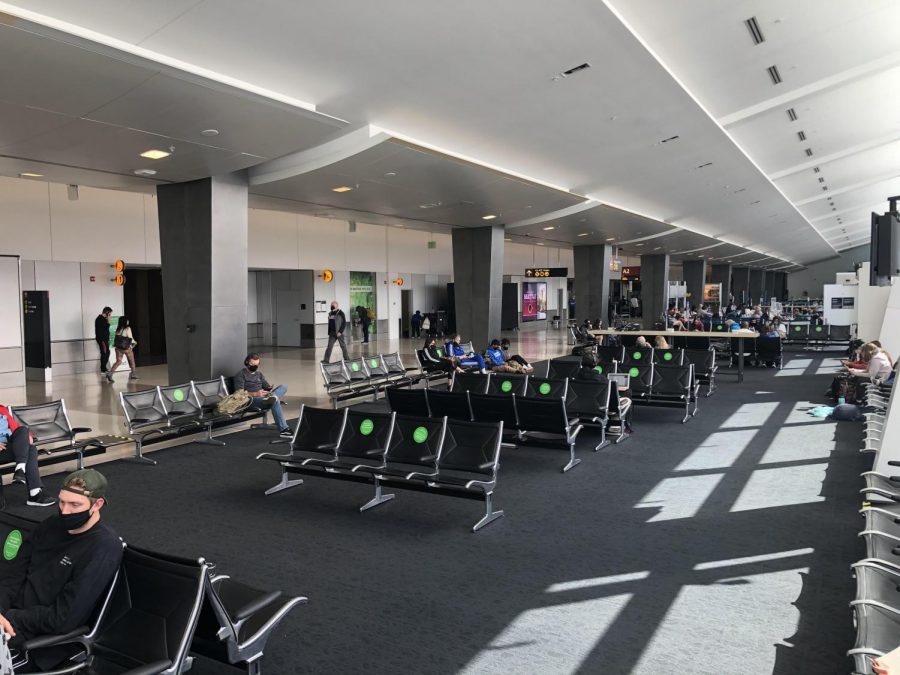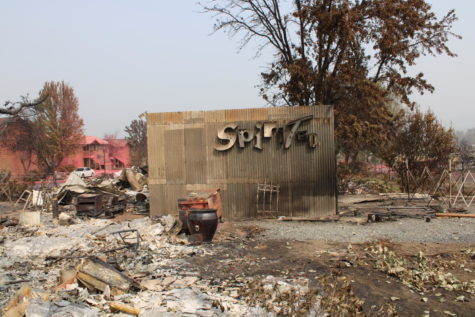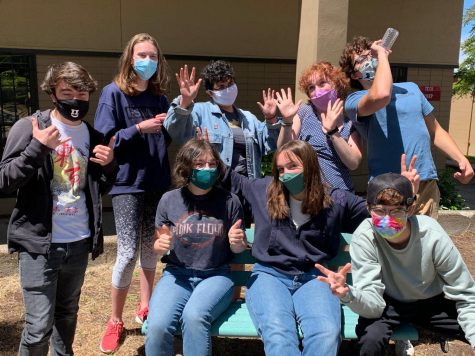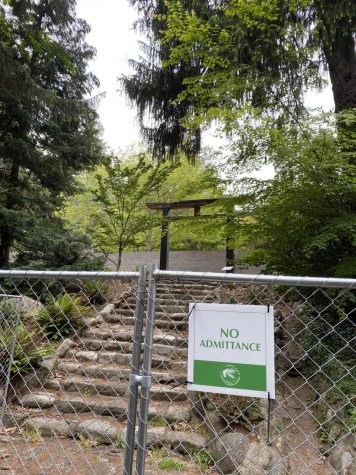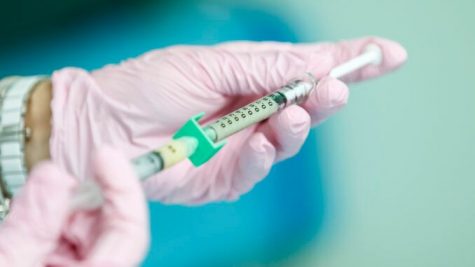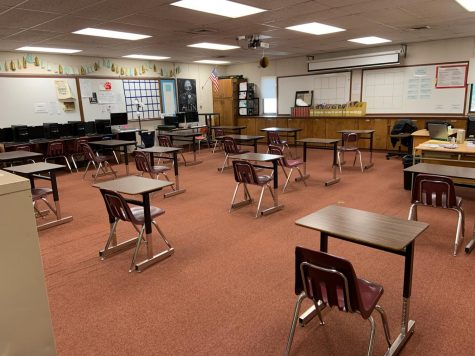Traveling in the Age of COVID
Anyone living in the age of COVID has most likely become used to change and to adapting, while never quite knowing what the next months, weeks or even days will bring. Not only has schooling, work and everyday life been altered significantly over the year, but so has traveling. As people have begun making an effort to (safely) return to relatively normal life, traveling has been an area of moderate controversy and a bit of a “grey area.” Evidently, traveling during a pandemic is considered unsafe by most, but when most of the population hasn’t seen their families in two years, or are now vaccinated, many are beginning to question the advice to stay home.
At the start of lockdown, the Center for Disease Control (CDC) released guidelines for travel during the pandemic. According to the CDC, travel is not advised, even if you are vaccinated. Although if you are traveling, it is recommended to receive the COVID vaccine if at all possible. If you are unable to receive it, the CDC strongly urges travelers to get tested, wear a mask in airports and on flights, avoid large crowds, and quarantine before you fly. If you are planning a trip, there are a few things to consider beforehand. Are you or your family at high risk of contracting the virus? Do the people you’re planning to visit practice similar values and a Covid- safe lifestyle? Are the hospitals near you (or your destination) currently overwhelmed with COVID patients? If the answer to any of these is yes, then you may want to consider postponing or cancelling your trip. Lastly, many countries and states have travel restrictions that are specific to that area. Research what the travel restrictions are that you need to consider before going on vacation or visiting a family member. If your vacation has a strong chance of putting yourself or others at high risk, then this may not be the best time to travel.
Although many people continue to travel, airlines and airports have taken strides to make their flights more COVID safe. Some flights, (Such as Delta and Alaskan Airlines) have significantly reduced the number of passengers allowed on the planes in order to space everyone at least one seat apart. However, it is difficult to social distance on a plane. Flight attendants are required to do mandatory checks throughout the cabin to ensure that each person has their mask on, and they even make announcements over the loudspeaker as a reminder throughout the flight. Anyone who has trouble abiding by the COVID safety rules is asked to leave the aircraft before departure. In the airports, markings are placed on the floors in bathrooms, restaurants, and at the gate to keep six feet apart from those around you. Although being in an airport for long layovers does put you at risk for exposure, most airports in the United States and globally have developed systems that keep travelers as safe as they can be while waiting for their next flight.
Another safety precaution that has become more popular over the last couple of months is required testing or vaccination at your destination. Many countries, and even some states have made it mandatory to show proof of a recent negative COVID test upon entry. To be admitted into some places such as Hawai’i, you must show record of an in-depth vault test that took place no earlier than seventy-two hours before your flight departed. Since this can make your trip difficult if you encounter delays or flight cancellations, a number of airports have set up temporary testing sites. Although this is helpful, much of the time it is hard to schedule an appointment in the correct window of time, and they are often prohibitively expensive.
Over the next few months, testing and vaccinations will continue to become more accessible to everyone, which means that many are beginning to think about how it would feel to travel again and see their loved ones, but most also feel conflicted in not wanting to contribute to the spread of the virus. Everyone traveling should understand the risk that it presents and know to travel safe if you do. All things considered, if you plan to travel, get COVID tested or even vaccinated if it is available to you. Check in with whoever you are visiting and ask about case numbers in their area and if they have been exposed to anyone recently. And as always, wear a mask. If any of the aforementioned preventative measures are unable to be achieved, it may be best to rethink your travel plans until a safer date.

